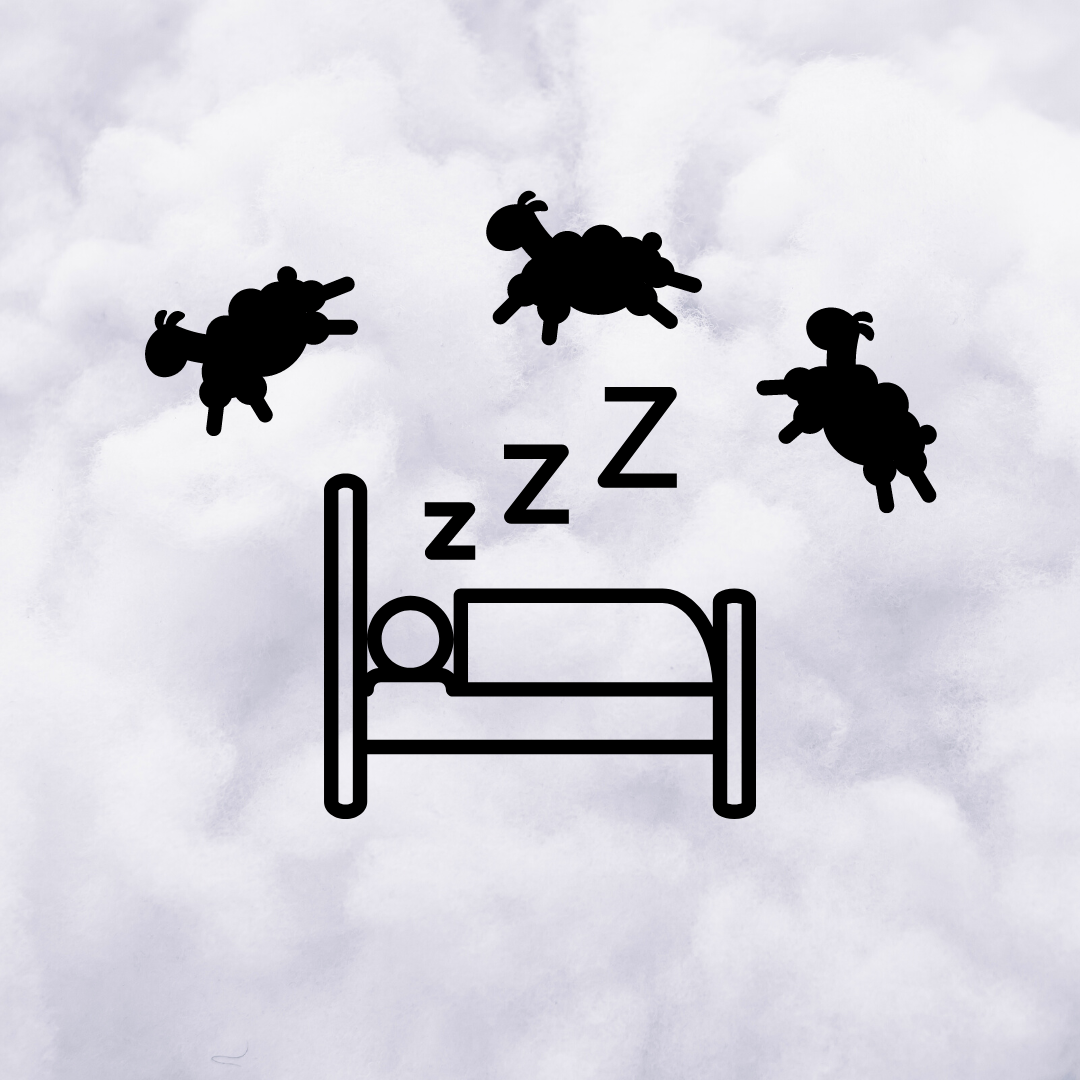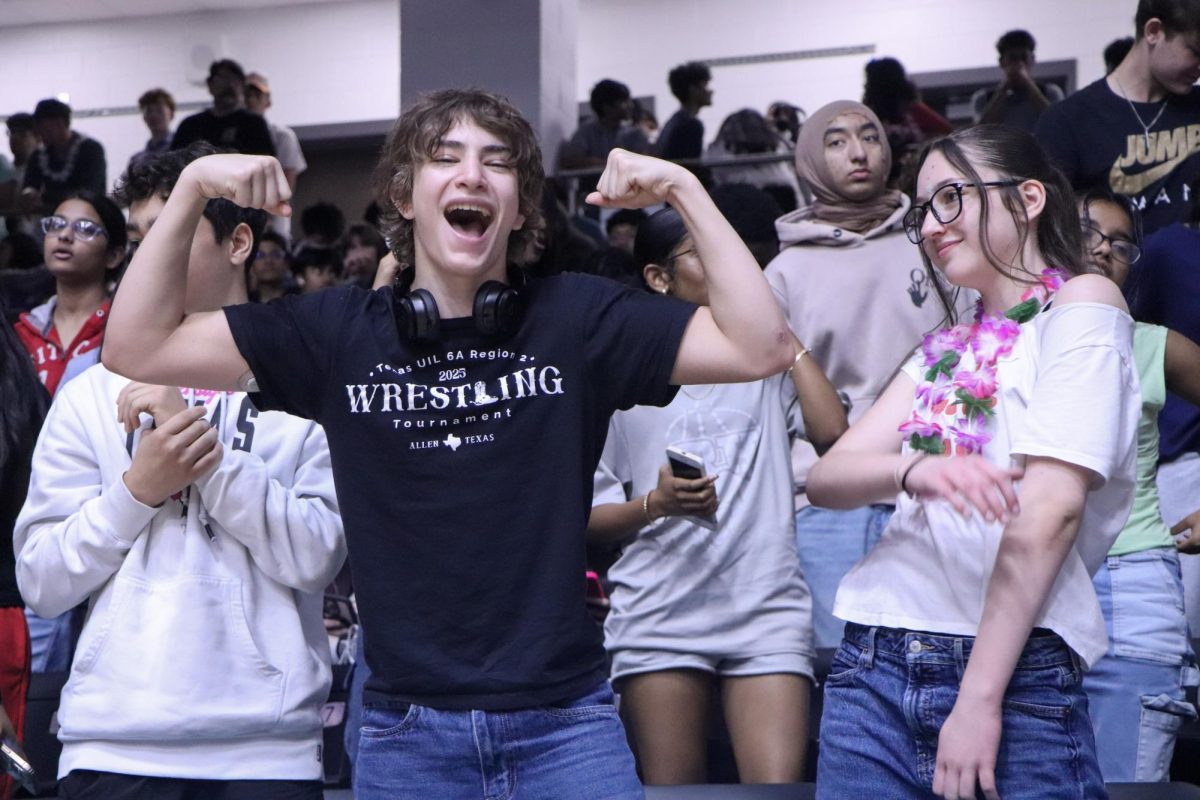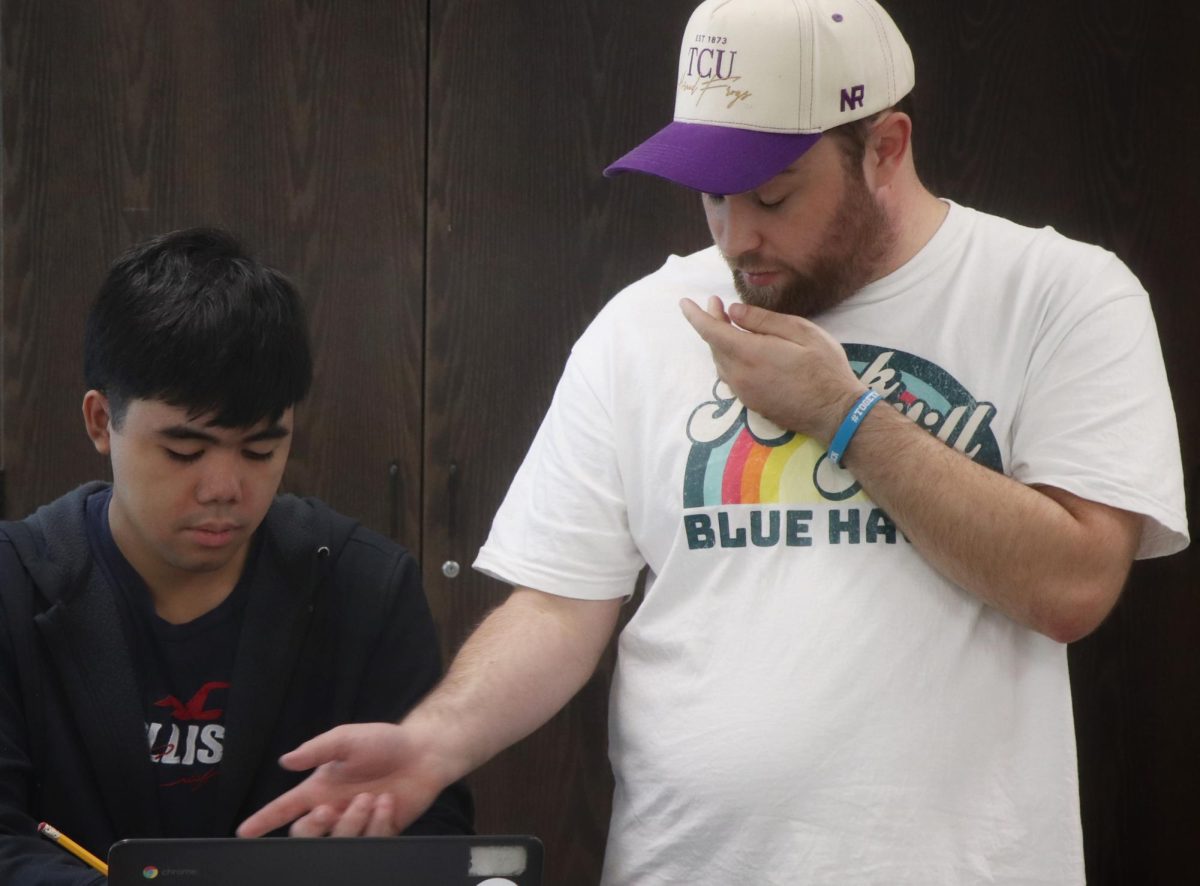Sleep is an essential part of our everyday life. It plays a vital role in having good overall health and in children and teens, promotes growth and development. Students everywhere are not getting enough sleep to function to the best they could be. This lack of sleep may lead to different sleep disorders.
Everyday life can be stressful and sometimes it’s hard to get the sleep your body needs. Students, specifically, need eight to ten total hours of sleep a night to function properly.
“With school, work, theater, and homework, a lot of the time I can only sleep a few hours at night,” Senior Stephen Goree said.
Sleep plays an important role in how your brain functions, such as how the nerve cells communicate with each other. Sleeping well plays a vital role in your brain performance, mood, and health. Lack of sleep has a direct correlation to possible diseases or disorders students may experience.
“On the days I don’t get as much sleep, my mood is a lot worse,” Goree said. “I don’t want to socialize or do my work.”
Many sleep-related disorders are a direct result of not getting the amount of sleep your body needs. A few main disorders students experience are sleep paralysis, sleepwalking, or insomnia.
“I didn’t think it would be this common,” Goree said.
Not every student will obtain these disorders, but many have some type of problem in their relationship with sleep. The most common of the four previously mentioned is insomnia. It is the most prevalent sleep disorder seen in adolescence as 23.8% suffer from it
“I’ve struggled with insomnia since my sophomore year,” Goree said, “It started off being hard to deal with, but now I’m used to being tired all the time.”
Insomnia is a persistent problem of falling and staying asleep. Many cases are related to bad sleep habits, depression, anxiety, or lack of exercise.
“It’s hard because I am tired all the time,” Goree said, “I constantly fall asleep during the day because I only end up getting two or three hours of sleep every night.”
Many other students have the same problem, or something similar. Sleep paralysis is a temporary loss of muscle control that typically happens right after falling asleep, or just before waking up. It’s a scary sensation.
“I’ve had sleep paralysis a couple of times in my life, it was probably the scariest thing I’ve ever had to go through,” Sophomore Rachel Wilson said.
Sleep paralysis commonly includes hallucinations and feelings of suffocation. The three different types of hallucinations that can occur include a sensation of an impending threat, feelings of suffocation, and sensations of floating, spinning, or falling.
“I’d wake up completely unable to move,” Wilson said, “I couldn’t move at all or even talk. Sometimes I couldn’t even open my eyes.”
These hallucinations can last from a few seconds to a few minutes. There is no set way to snap out of sleep paralysis, but studies have shown small body movements help it to end.
“I started by trying to move my fingers and eventually it would stop,” Wilson said.
Many different things can cause sleep paralysis, the main things being lack of sleep, irregular sleep patterns, and anxiety, but other things may also be the cause.
Another sleep deprivation-related disorder includes sleepwalking. It can be caused by anxiety, lack of sleep, medications, or fatigue. It is a disorder that involves walking or doing other things in your sleep.
“I’ve slept walked and I have no recollection of it,” Wilson said. “It happened when I became super stressed out, over school especially.”
The common link between all of these sleep disorders is that they are more prominent in students. The correlation between high school students and sleep disorders shows that high stress is bad for the health of the student.
“A lot of my friends also have trouble sleeping,” Wilson said.
Not getting enough sleep also affects the way you perform when you are awake as well. Lack of sleep has a poor effect on the academic performance of a student. It becomes harder to focus and can lead to attention and behavior problems, leading to poor academic performance.
“It can be really hard to stay focused,” Goree said.
Schools don’t want this for their student body, but the amount of work still gets piled on. Studies have shown that teens have a stress level of 5.8 during the school year.
“During the school year, especially towards the end, I feel like my stress levels are so much higher,” Goree said.
The brain is still developing throughout high school and without enough sleep there is a decrease in brain development as well as learning problems that can be taken in. Students need to be getting more sleep to function properly, otherwise, it affects them both when they are asleep and awake.
“I find that when I’m overtired, I don’t end up sleeping well anyways,” Wilson said. “ I feel like my body doesn’t know how to sleep properly anymore.”












